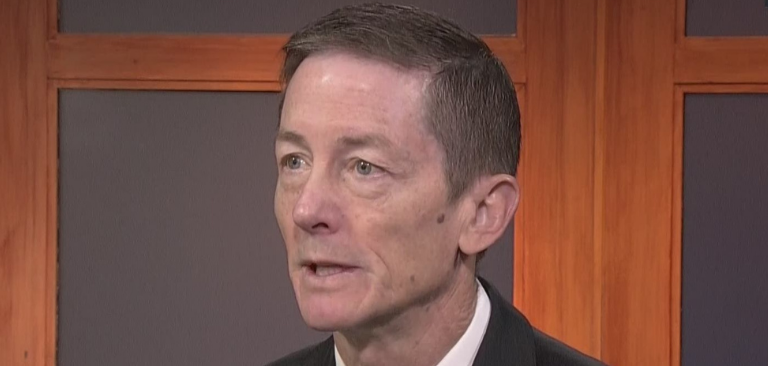Bruce Reed, described as a veteran operative and Joe Biden’s top technology adviser, will have a “major role” in Biden’s proposed administration, reports are saying.
Significantly, Reed made his opinions about the now controversial and much debated Section 230 of the 1996 Communications Decency Act (CDA) known in a book he co-authored and published leading up to the US presidential election. In the book, he was critical of the legislation – but from a point of view distinctly aligned with his political background. Now many are eager to see how that would translate into Biden’s policy going forward.
Reed is one of the recycled figures that Biden is bringing back to the spotlight, having previously worked with him while serving as Obama’s Vice President.
Reed appears to have no direct professional ties to technology, but is instead a political fixer, Biden’s former chief of staff, who in the past successfully negotiated with Big Tech, most recently on California’s Consumer Privacy Act passed in 2018. He proved essential in watering down the wording of the legislation to make it more palatable to Apple and other giants.
In the talks to reach consensus on the California privacy law, Reed acted as a strategist for Common Sense Media. The nonprofit was founded by James Steyer, with whom he this past October published the book, “Which Side of History? How Technology Is Reshaping Democracy and Our Lives.”
This is where the pair take a look at Section 230, to write:
“If they (tech companies) sell ads that run alongside harmful content, they should be considered complicit in the harm. If their algorithms promote harmful content, they should be held accountable for helping redress the harm. In the long run, the only real way to moderate content is to moderate the business model.”
In other words Reed is not interested in the business model itself, i.e., what’s behind the process of selling ads and how Big Tech manages to make it so lucrative – namely, by harvesting data and undermining users’ privacy “at scale.”
This is ironic considering his previous involvement with the California privacy push, but also reveals what Section 230 would look like from the point of view of a Democratic administration: regulate more to censor even more, rather than to ensure censorship is eradicated.
For now at least, Section 230 continues to protect tech companies not only from lawsuits, but also from their own users.










